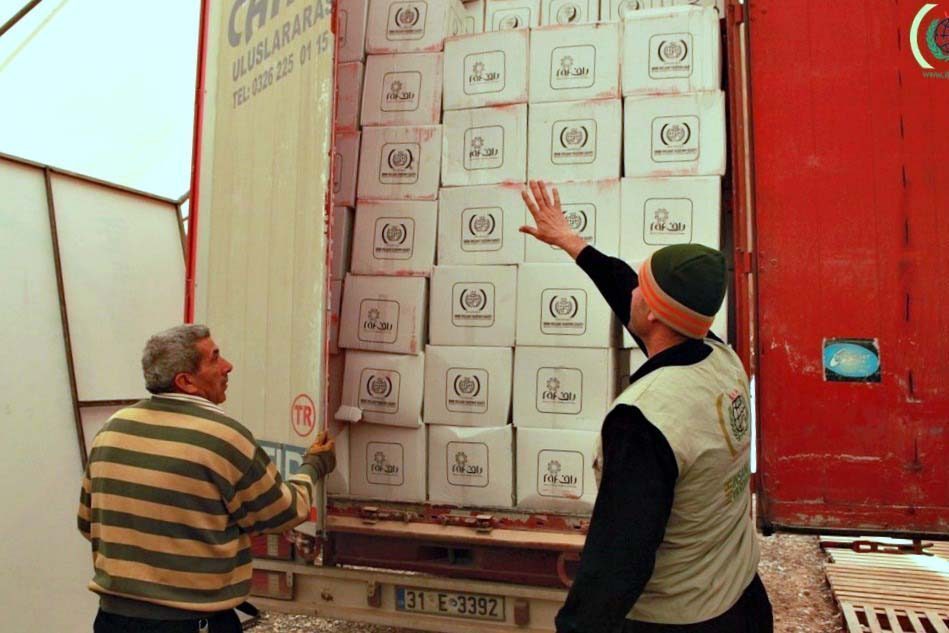
Qatar’s government has introduced new regulations that make it more difficult for local charities to move money outside of the country, as authorities continues to fend off accusations that the nation is funding fighters in Iraq and Syria.
The rules come in the form of a new law that Qatar’s Emir signed this week that creates a regulatory body to oversee charities in the country.
The Peninsula reported that private organizations must receive approval from this new authority before it is allowed to collect donations.
Special permission is also required before any funds are sent to organizations outside the country, with charities required to provide receipts and other details of such transactions to authorities.

While no rationale for the new law was released, Qatar has previously been censured for not clamping down on individuals in the country who fund-raise for foreign fighters.
That criticism has been amplified amid the highly publicized beheadings and brutality of fighters belonging to the self-proclaimed Islamic State in Iraq and the Levant (ISIL).
Many, including a German government minister, have suggested Qatar is among the organization’s financial supporters.
However, two of Qatar’s top politicians have flatly denied such claims.
Echoing remarks made by the foreign minister in August, the Emir said during a press conference in Germany last week that “Qatar has never and will never support terrorist organizations.”
Additionally, several academics and think tanks, including the Brookings Institute, have said there is no evidence that the Qatar government directly supports ISIL. But whether authorities are doing enough to stop residents from funding such groups is a separate issue.
Private funding
In its most recent country-by-country report on terrorism, the US State Department said Qatar’s efforts to reduce money laundering and financing of armed organizations “are lacking.”
It continued:
“Qatar’s monitoring of private individuals’ and charitable associations’ contributions to foreign entities remained inconsistent. Qatari-based terrorist fundraisers, whether acting as individuals or as representatives of other groups, were a significant terrorist financing risk and may have supported terrorist groups in countries such as Syria.”
Additionally, last December, the US Treasury Department imposed sanctions on Abdul Rahman Bin Umair Al Nuaimi, who it said was “among the most prominent Qatar-based supporters of Iraqi Sunni extremists.”
According to the US government, Al Nuaimi – a former Qatar University professor – was at one point overseeing the transfer of more than $2 million monthly to al-Qaeda in Iraq. He was also accused of ordering the transfer of nearly $600,000 to al-Qaeda via its representative in Syria.
Al Nuaimi denied the accusations.
Improving score
Such high-profile anecdotes notwithstanding, an international non-profit says Qatar has become less susceptible to money laundering and terrorist financing in recent years.

The Switzerland-based Basel Institute on Governance releases an annual risk rating that assesses and rates regulations, corruption, financial and public transparency as well as the rule of law in more than 160 countries.
Qatar’s ranking and score have improved over the last three years, moving from 98th in 2012 to 126th this year. The higher the number, the better the score.
Qatar has the best ranking among GCC nations except for Oman, which was 134th. The UAE had the worst showing among the organization’s members, placing 60th.
Iran held the dubious distinction of being the most at-risk nation in 2012 and 2014, though Afghanistan took the top spot in 2013.
Conversely, Finland, Estonia and Slovenia received the most favorable rankings in 2014.
Thoughts?







